New task force investigates evidence of human rights violations in coup-hit Myanmar
A new task force has been launched to gather evidence of human rights violations in Myanmar and report them to the United Nations, several months after the military took power and plunged the country into chaos.
Turmoil has gripped Myanmar since de facto leader Aung San Suu Kyi and her National League for Democracy (NLD) were ousted on February 1 through a military coup, with near-daily protests and a nationwide civil disobedience movement.
Protesters are demanding the restoration of civilian rule and the release of Suu Kyi and her associates, who have been under arrest ever since.
The junta seized power over alleged fraud in general elections won by Suu Kyi's party in November. The allegations of fraud have been dismissed by the former electoral commission, dozens of whose officials are now locked up.
The UN says more than 880 people have been killed by security forces since the coup. The junta, however, has claimed that the civilian death toll stands at nearly 300.
According to the Assistance Association for Political Prisoners (AAPP) advocacy group, more than 6,000 others have also been arrested.
The use of lethal force against unarmed civilians has drawn international condemnation.
On Monday, the UK-government-funded project, Myanmar Witness, said in a statement that it would share information about the human rights violations with the UN’s Independent Investigative Mechanism for Myanmar.
The latter is tasked with probing suspected international crimes in the Southeast Asian country.
“Myanmar Witness will independently collect, preserve, process, investigate, verify and review incidents of possible interferences with human rights,” the group said.
The British-founded Myanmar Witness added that it would encourage people in Myanmar to submit photos and footage and also independently verify incidents on social media, where Myanmar citizens have posted pictures and videos that purportedly depict killings, assaults, and other abuses.
The group further said it had already uncovered and verified evidence of reprisals by Myanmar’s military forces, shelling of civilian areas and religious buildings, and indications of intentions to harm, if not kill, protesters.
Thousands of people have fled clashes in the northern states of Kachin and Shan, which have established ethnic minority armies with a long history of hostilities with the military.
Hezbollah attacks Israeli forces after Lebanese homes blown up
World leaders, states hail ICC arrest warrants for Netanyahu, Gallant
MP: US accountable for possible Israeli 'foolishness' to attack Iraq
VIDEO | Israeli policies strangle Palestinian agriculture, economy
Iran's president offers condolences to Pakistan over terrorist attack
Canada’s Yukon town council at standstill over refusing oath to King Charles
Yemen's Houthi calls for jihad to protect Palestine against Israel
VIDEO | Internal rifts within Israel


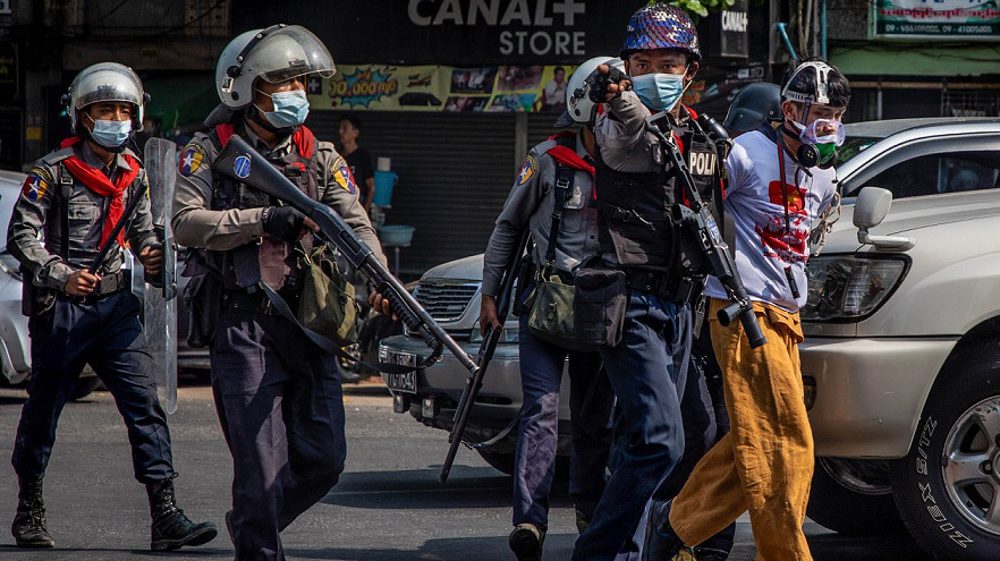
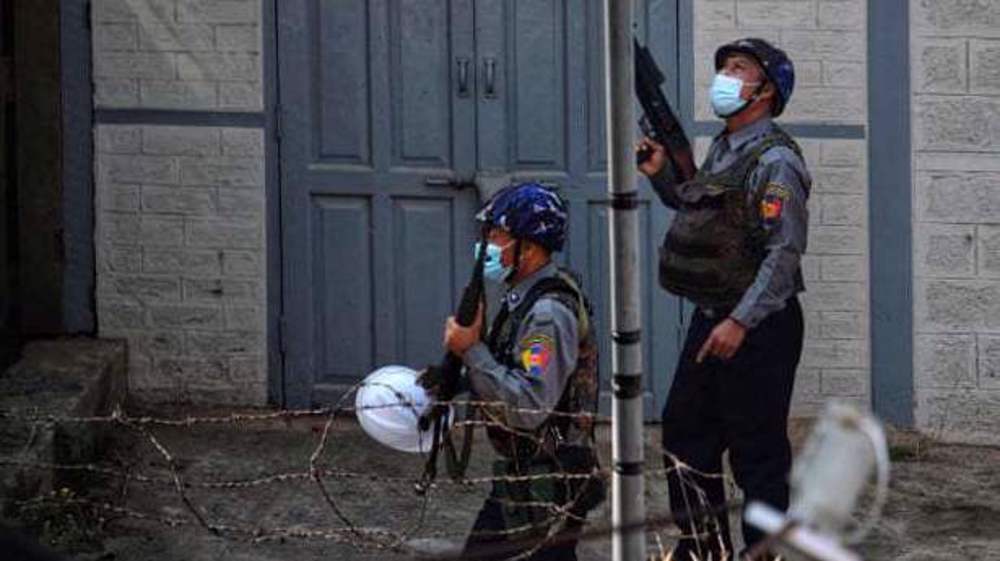
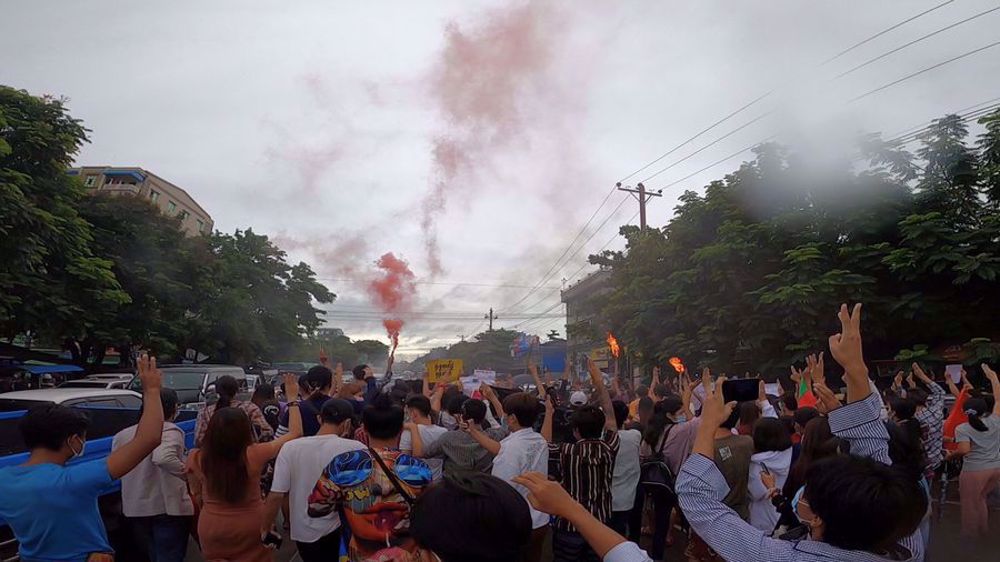






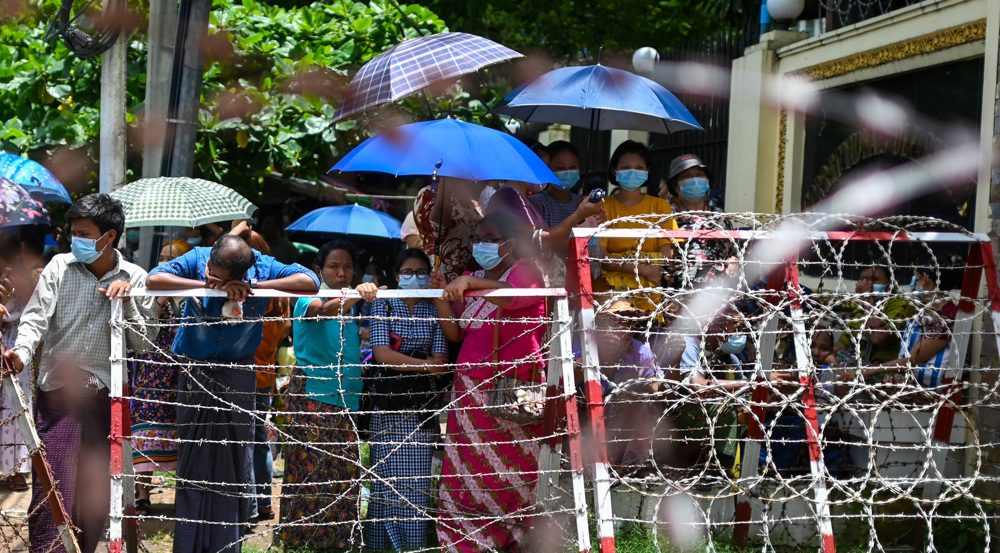
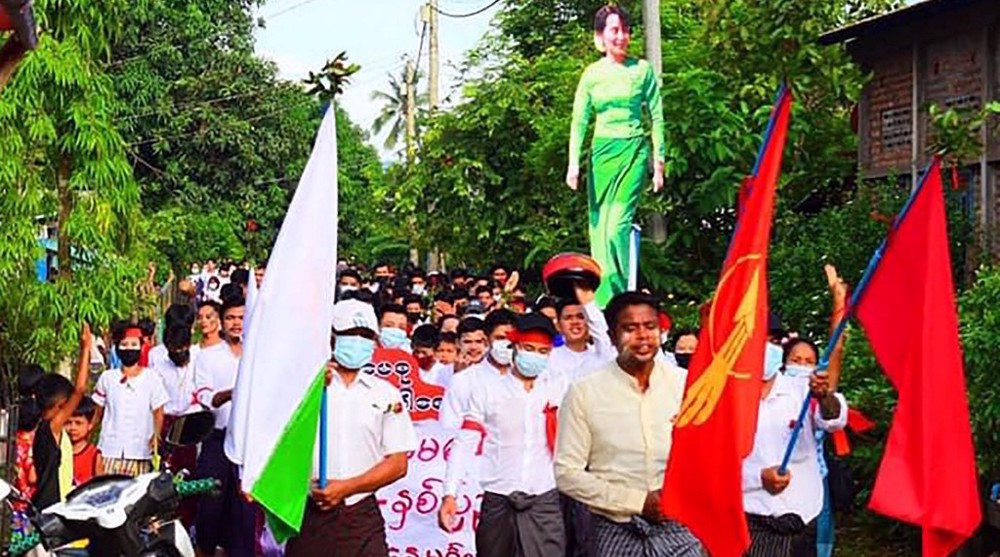
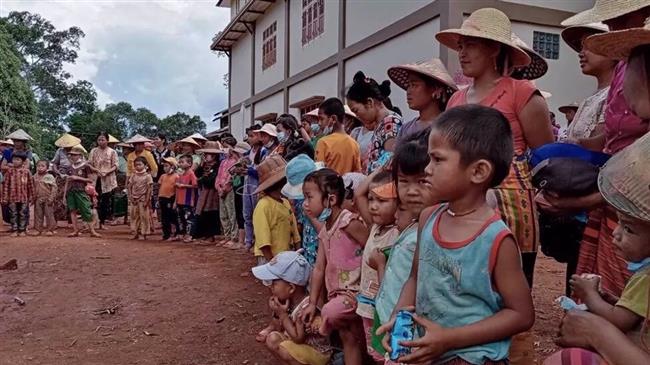

 This makes it easy to access the Press TV website
This makes it easy to access the Press TV website